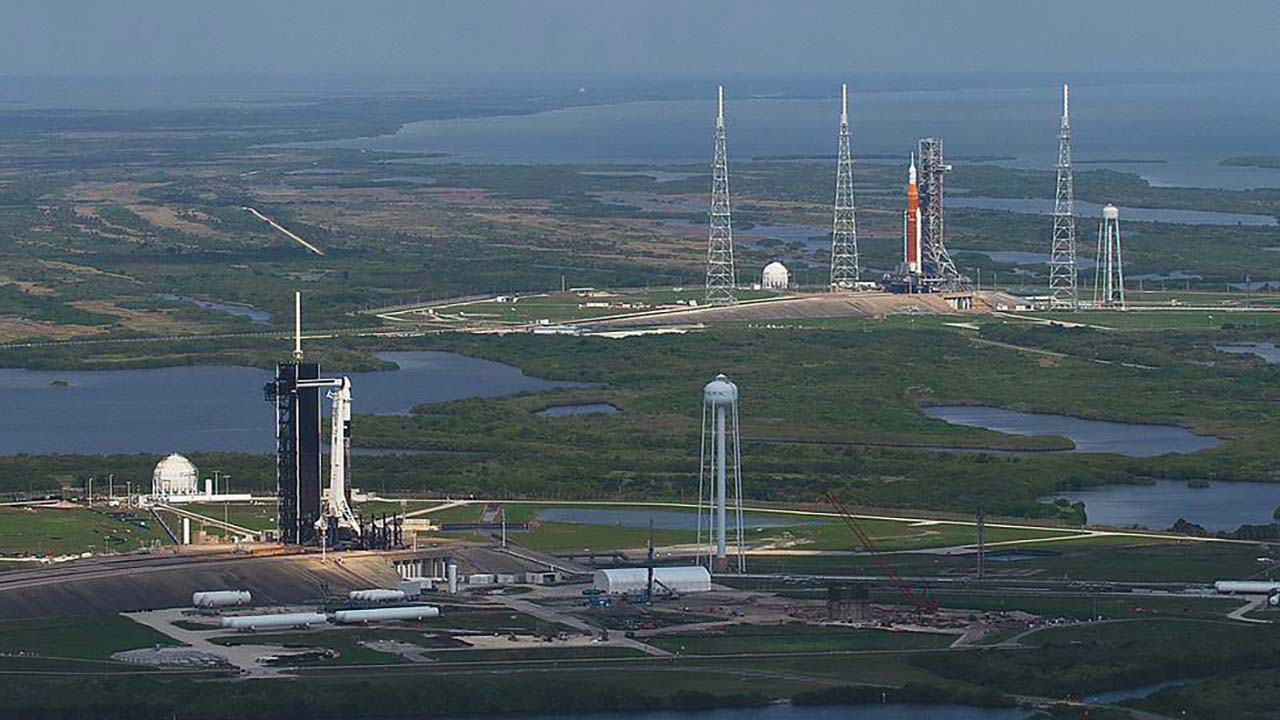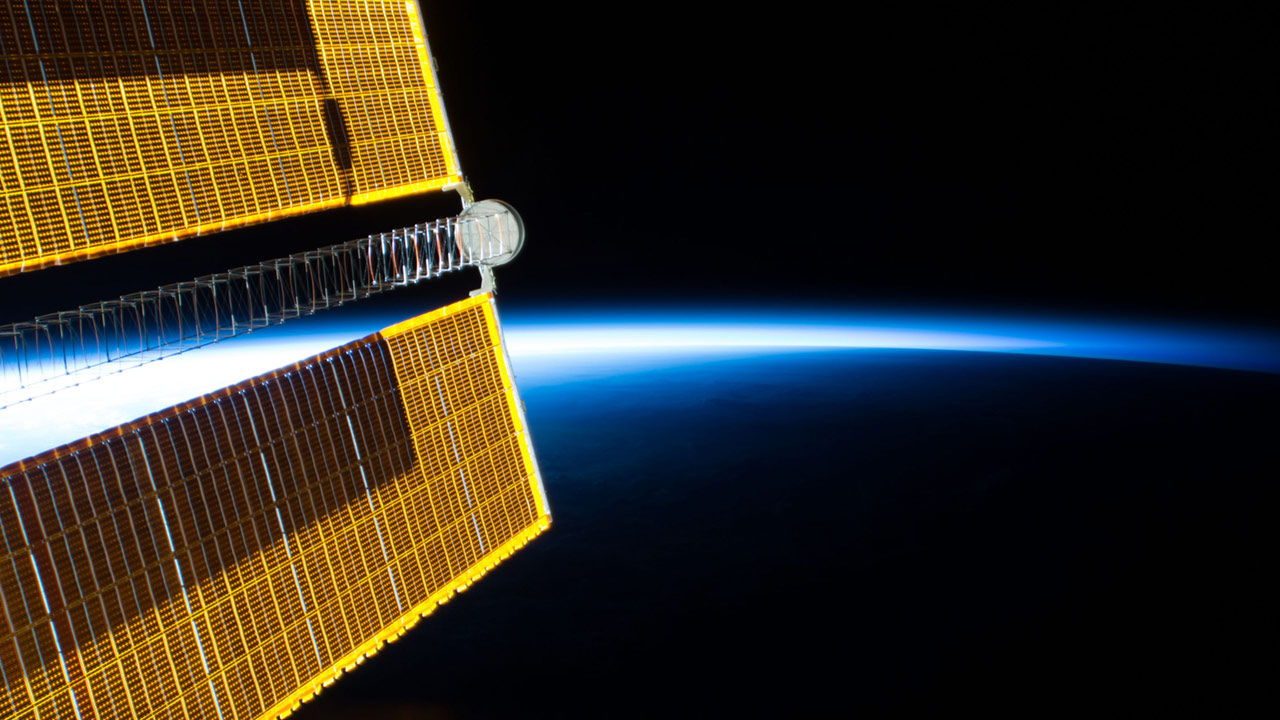KENNEDY SPACE CENTER, FL (September 15, 2015) – Based on a robust response to the recently closed Request for Information, 3D Microphysiological Systems for Organs-On-Chips, the Center for the Advancement of Science in Space (the ISS National Lab) is issuing a “Grand Challenge” seeking flight projects for the International Space Station U.S. National Laboratory.
This funding opportunity seeks to accelerate the development of human microphysiological systems, tissue-on-chip, organ-on-chip, and related technologies that address challenges in predictive toxicity assessment during the preclinical phase of drug development or in tissue engineering for regenerative medicine to benefit human disease research on Earth. One or two respondents will be selected to share an award of up to $1M in research grant sponsorship to support a flight project to the ISS National Lab.
The Grand Challenge seeks to support in-vitro models and platform technologies for either fundamental discovery or translational research in microgravity where outcomes may be extrapolated to understanding whole organ response to drug exposure or disease onset and progression. Technology platforms of interest will enable space-based research in microphysiological systems or tissue engineering related to tissue-on-a-chip, organ-on-chip, or 3D organotypic tissue constructs that recapitulate the microarchitecture and functions of living organs using human cells. Responsive applicants should seek to use microphysiological systems in microgravity to create and/or interrogate 3D, in-vitro models for bone and cartilage, skeletal muscle, brain, gastrointestinal tract, lung, liver, microvasculature, skin, or other tissues.
The challenge will be open until 5pm EDT on October 16, 2015. For additional information about this funding opportunity, including instructions on submitting a proposal, please visit:
https://issnationallab.org/research-on-the-iss/solicitations/3d-microphysiological-systems-for-organs-on-chips-research/
# # #
About the ISS National Lab: The Center for the Advancement of Science in Space (the ISS National Lab) was selected by NASA in July 2011 to maximize use of the International Space Station (ISS) U.S. National Laboratory through 2020. the ISS National Lab is dedicated to supporting and accelerating innovations and new discoveries that will enhance the health and wellbeing of people and our planet. For more information, visit www.issnationallab.org.
About the ISS National Laboratory: In 2005, Congress designated the U.S. portion of the International Space Station as the nation’s newest national laboratory to maximize its use for improving life on Earth, promoting collaboration among diverse users, and advancing STEM education. This unique laboratory environment is available for use by other U.S. government agencies and by academic and private institutions, providing access to the permanent microgravity setting, vantage point in low Earth orbit, and varied environments of space.
# # #




